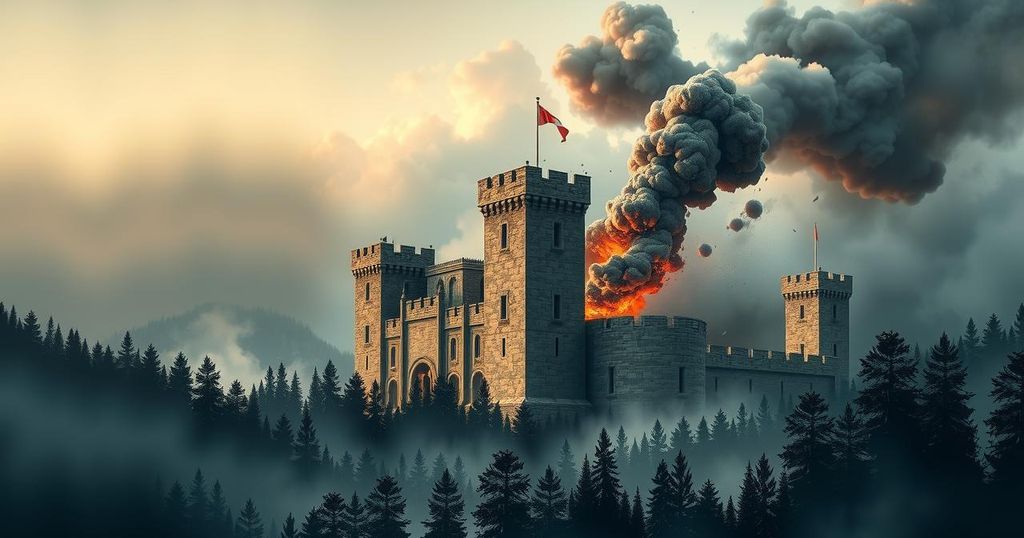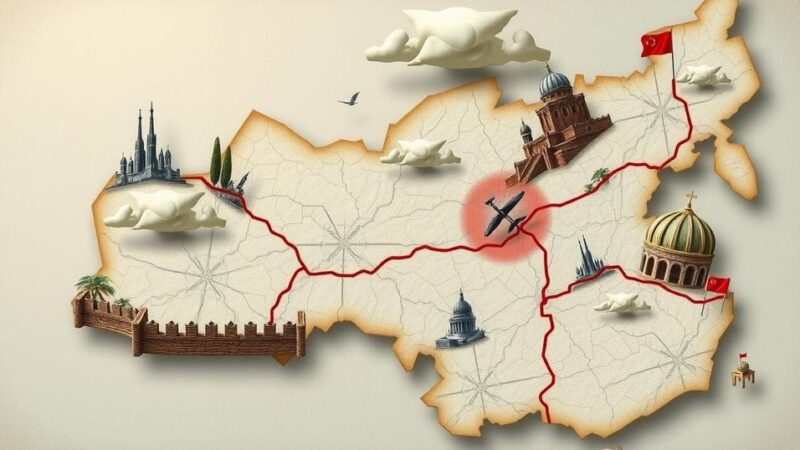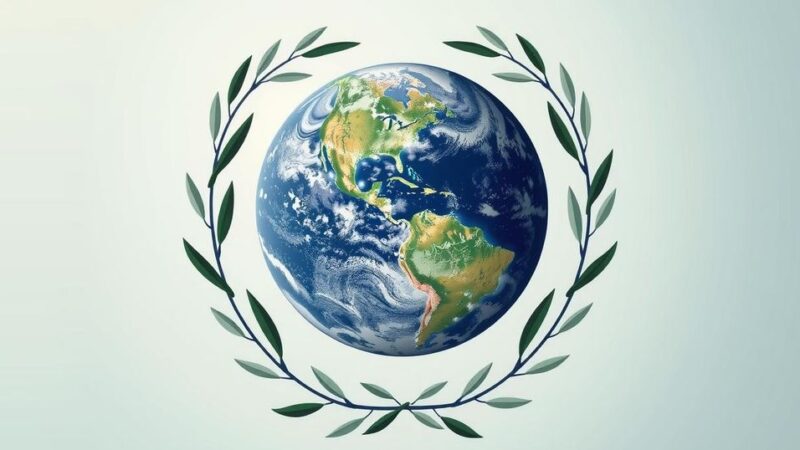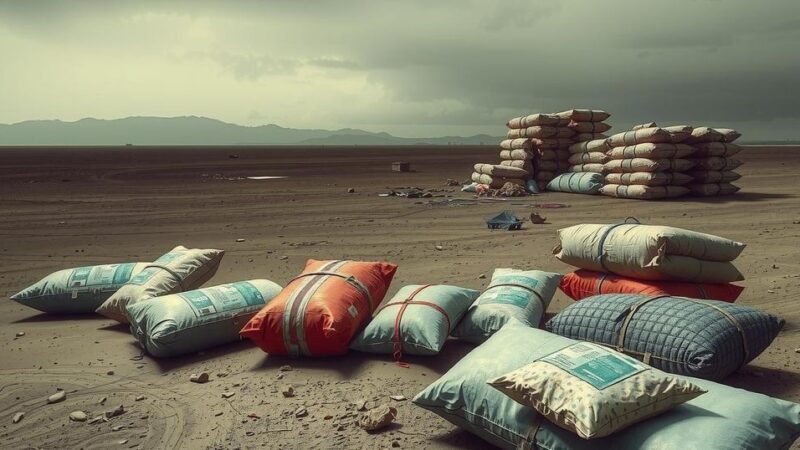President Félix Tshisekedi of DR Congo has vowed a robust response to the M23 rebels capturing Goma. He criticized international inaction amid the humanitarian crisis affecting 500,000 people. Despite calls for dialogue from East African leaders, past peace efforts have largely failed. Regional tensions are rising as Rwanda and South Africa face off, complicating the already volatile situation. Angola urged urgent talks between Congolese and Rwandan leaders, as Tshisekedi seeks solutions.
President Félix Tshisekedi of the Democratic Republic of Congo has pledged a robust response to the advancing M23 rebels who have captured Goma. In a televised address, he condemned the rebels as terrorists and called for a vigorous, coordinated military effort to restore order. The President criticized the international community’s lack of action amid the growing security crisis and urged Congolese citizens to unite in support of the military efforts to reclaim control.
The humanitarian situation continues to deteriorate with approximately 500,000 people displaced by the ongoing fighting, exacerbating an already critical crisis. Essential services such as electricity and water have been disrupted, while food supplies remain scarce due to the conflict. Tshisekedi’s call to action coincides with increasing international concern regarding the humanitarian implications of the unrest in eastern Congo.
A regional summit convened by Kenya’s President William Ruto, which Tshisekedi chose not to attend, emphasized the need for a peaceful resolution to conflicts involving armed groups, including M23. The leaders present advocated for direct dialogue between the Congolese government and various stakeholders, underlining the importance of cooperative efforts to stabilize the region. Despite being a member of both the East African and Southern African regional groups, the outcome of past peace efforts has been disappointing.
Tshisekedi acknowledged the contributions of Southern African Development Community (Sadc) forces and United Nations troops, which have faced significant dangers, including the recent loss of thirteen South African peacekeepers. The heightened tensions between South Africa and Rwanda further complicate the situation, particularly after comments by South African President Cyril Ramaphosa implicating Rwandan involvement in rebel actions. Rwandan President Paul Kagame rebutted these claims and issued a stern warning regarding potential confrontations.
Consequently, Angola has stepped in, urging an urgent meeting between Congolese and Rwandan leaders to address the escalating conflict. As Tshisekedi participates in discussions in Luanda on previous failed talks, the scope for reconciliation appears tenuous. The complexities surrounding the M23 insurgency highlight the fragility of peace in the region, requiring persistent international focus and intervention.
The security situation in eastern Congo has long been fragile, with the M23 rebels historically receiving support from Rwanda. Goma serves as a strategic city and its capture by the rebels marks a significant escalation in conflict dynamics, posing threats to both national authority and regional stability. The humanitarian crisis stemming from the ongoing violence adds another layer of urgency to find a resolution, as hundreds of thousands remain displaced, lacking basic necessities. A pattern of failed peace agreements and governmental responses underscores the challenges facing international and regional actors in addressing these entrenched issues.
President Tshisekedi’s unwavering commitment to counter the M23 rebels reflects both a national urgency and a call for international assistance in restoring stability in the Congo. The humanitarian crisis demands immediate attention as millions are affected by the violence. Furthermore, the ongoing tensions between regional powers call for diplomatic efforts to prevent further escalation. The situation remains critical, underscoring the necessity for collaborative problem-solving among local and international stakeholders.
Original Source: www.bbc.com







